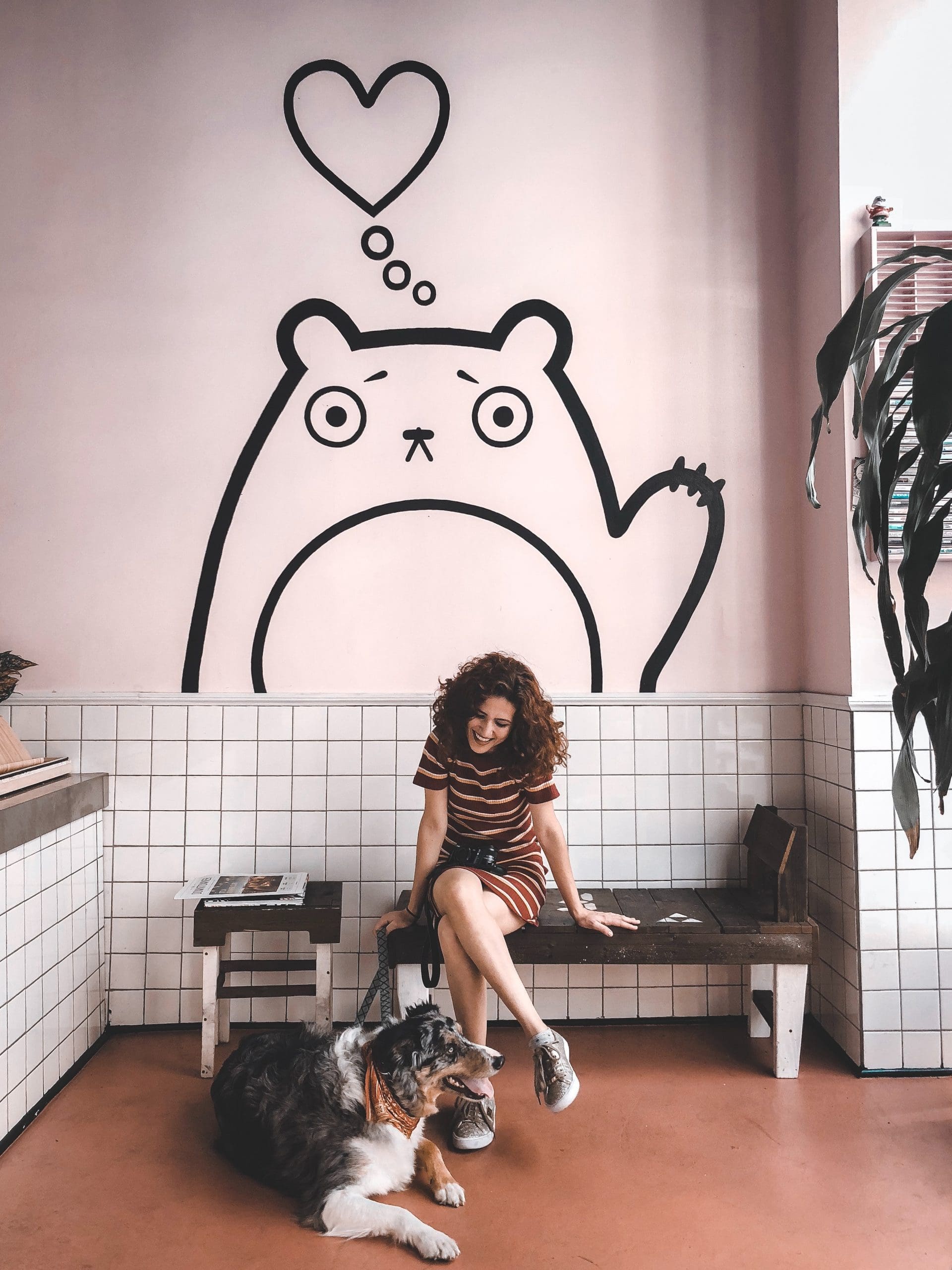As a dog owner, you may notice your furry friend drooling from time to time. For some dogs, drooling is quite normal, while for others, it can raise concerns. If you’ve wondered why your dog is drooling excessively, you’re not alone. Recognizing the reasons behind your dog’s drooling can help you determine if it’s a typical occurrence or a sign that something may be amiss.
Common Causes of Drooling
Drooling, or excessive salivation, can occur for various reasons. While some dogs naturally drool more than others, a sudden increase in drooling can indicate a change in health.
**Anticipation of Food** One of the most common reasons dogs drool is the anticipation of food. Dogs develop routines around meal times, and if your dog starts drooling as you’re preparing dinner, it’s likely just excitement. This type of drooling is usually harmless and subsides quickly after they eat. However, if the drooling continues beyond meal times, further investigation is warranted.
**Dental Issues** Dental problems are another leading cause of drooling in dogs. Just like humans, dogs can suffer from gum disease, tooth decay, or oral infections. If your dog is drooling excessively and showing signs of dental distress—such as difficulty eating, bad breath, or pawing at their mouth—consult your veterinarian for an examination.
**Nausea** Nausea can also lead to increased drooling. Dogs may experience nausea due to dietary changes, motion sickness, or underlying health conditions. If you notice sudden drooling paired with signs of nausea, such as vomiting or lethargy, monitor their condition closely. Persistent nausea can lead to dehydration, making veterinary advice essential.
**Foreign Objects** Dogs are naturally curious and often explore their surroundings with their mouths. Occasionally, this curiosity can result in foreign objects getting lodged in their mouths or throats, causing discomfort and increased salivation. If you suspect your dog has swallowed something they shouldn’t have, seek veterinary assistance immediately.
**Serious Medical Conditions** In some cases, excessive drooling can signal serious health issues, such as rabies or poisoning. Rabies affects the nervous system and can cause symptoms like excessive drooling, behavioral changes, and seizures. If you believe your dog may have been exposed to rabies, or if they exhibit unusual behavior along with drooling, contact your veterinarian or local animal control. Similarly, if you suspect your dog has ingested a toxic substance, look for symptoms like drooling, vomiting, diarrhea, or lethargy and seek emergency veterinary care.
**Heat** High temperatures can also cause excessive drooling, especially in warmer weather. Dogs cool themselves by panting, and they may drool more when overheated. This is particularly true for brachycephalic breeds, such as bulldogs and pugs, which struggle with temperature regulation. If your dog is drooling and appears hot or is panting excessively, ensure they have access to cool water and a shaded area. If the drooling persists or your dog exhibits signs of heatstroke, such as vomiting or confusion, seek veterinary help.
**Allergies** Environmental or food allergies can cause drooling in dogs. If your dog starts drooling excessively after exposure to certain substances, an allergic reaction may be the cause. Other symptoms can include itching, redness, or gastrointestinal upset. If you suspect allergies, discussing your dog’s symptoms with a veterinarian can help identify the cause and determine an appropriate treatment plan.
**Medications** Certain medications may also lead to increased salivation. If you recently started your dog on a new medication and noticed a change in their drooling behavior, consult your veterinarian to see if the medication might be the culprit.
Monitoring Your Dog’s Health
While drooling can be a normal behavior for many dogs, excessive drooling can indicate underlying health issues. Pay attention to changes in your dog’s overall behavior and any accompanying symptoms. If your dog is drooling more than usual, look for signs such as changes in appetite, lethargy, or excessive thirst.
Regular veterinary check-ups are crucial for maintaining your dog’s health. During these visits, your vet can examine your dog’s mouth, check for signs of dental problems, and address any health concerns you may have. Good oral hygiene can help prevent many dental-related causes of excessive drooling.
Open communication with your veterinarian about any changes in your dog’s behavior or health is vital. Your vet is an invaluable resource for understanding your dog’s specific needs and addressing any health concerns.
Being a Proactive Pet Owner
If you frequently find yourself asking why your dog is drooling so much, understanding the potential causes and recognizing when it might indicate a larger issue can help ensure your dog’s well-being. Monitoring your dog’s drooling and overall health is part of being a responsible pet owner. With attention and care, you can help keep your furry friend happy and healthy. Understanding the reasons behind their behavior can provide peace of mind and strengthen the bond you share with your dog.



